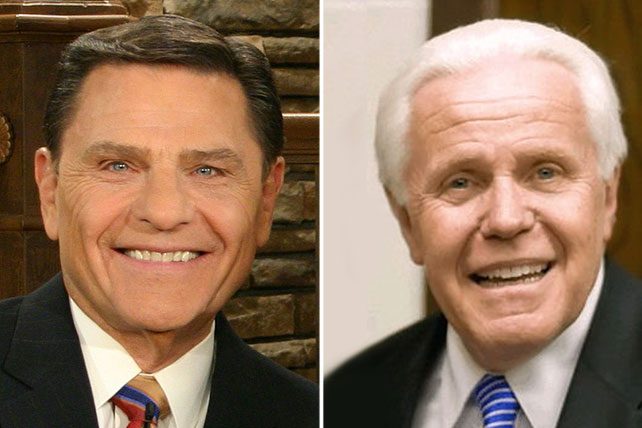The Jesus Film Project is collaborating with Deaf Missions to create a movie about the life of Christ for those who are Deaf and hard of hearing. The movie will be filmed with actors and actresses signing in American Sign Language (ASL) instead of speaking aloud. Chad Entinger, who is with Deaf Missions, believes the film will have a powerful impact because it will communicate to people in their “heart-language.”
“The heart-language, it’s related to a person’s identity,” said Entinger through sign language, according to Mission Network News (MNN). “We really believe that God can and will use the movie in sign-language to reach Deaf people.”
The Jesus Film Project and Deaf Missions have compatible goals and are combining their efforts to create a film unlike any other. The former ministry uses movies share the story of Jesus throughout the world, and one of the primary goals of the latter is to translate the Bible into ASL. Their new film for the Deaf community is a crowdfunded project estimated to take three to four years to complete. So far, the ministries have raised $746,000 of the $4.8 million that they need. In December, Deaf Missions posted a 10-minute pilot scene, portraying the account of the woman caught in adultery as recorded in the Gospel of John. You can watch the pilot for free online here.
Deaf Missions Brings the Gospel to an Unreached People Group
As of right now, if those who have hearing loss want to watch a movie about the life of Jesus, their only option is to watch one with closed captioning. This means they can only watch such a film in a foreign language.
Some might be surprised to learn that sign language is not equivalent to a particular spoken language, nor is there one single sign language used by all Deaf people. The National Institute on Deafness and Other Communication Disorders (NIDCD) says, “ASL is a language completely separate and distinct from English. It contains all the fundamental features of language, with its own rules for pronunciation, word formation, and word order.” ASL also varies by region and dialect and is distinct from other sign languages, such as British Sign Language (BSL), French Sign Language (LSF), and Chinese Sign Language (CSL).
What’s more, there are around 70 million Deaf people across the globe. This means, says Deaf Missions, “If you put all the Deaf people in the world in one country, it would be the third most populated country in the world.” Yet only two percent of this population has heard about Jesus, in part because of the lack of available resources.
As with any other of the world’s populations, it makes an enormous difference for people to hear about Jesus in their native tongue. One author explains the situation this way:
Our heart language is the one we feel most comfortable speaking, especially when we’re having deep conversations. It’s typically the first language we learned and the one we think and dream in. Deaf people’s heart language is signed, not written. Many Deaf have learned to read, but the linguistic structures of written languages are so different from signed languages, it was like learning a foreign language while simultaneously learning to read. The foreign, written language will generally never feel as natural as sign.
Thankfully, as technology advances, there are more opportunities to bring the gospel to those who have hearing loss. One of those resources is the Deaf Bible app, which provides video translations of the Bible in multiple sign languages. One user said, “I remember how it used to be reading the Bible, having to go through word by word in English. I remember thinking, God, I want to be able to communicate with you. I want to understand who you are.”
But the app has made a significant difference for her. “Before I felt so disconnected,” she said, “but now I have a relationship with God. I feel so close to Him…I’m so thankful for the gift of God’s word in sign language.”
Entinger is requesting financial assistance and prayer as the film continues. “Pray for people who will come and be involved with the production,” he said. “It’s a really big project. And it’s going to require creativity, a lot of time, a lot of energy, to make this successful.”
And of course, pray that God would use this film in a powerful way to reach the Deaf community with the good news of the gospel.















